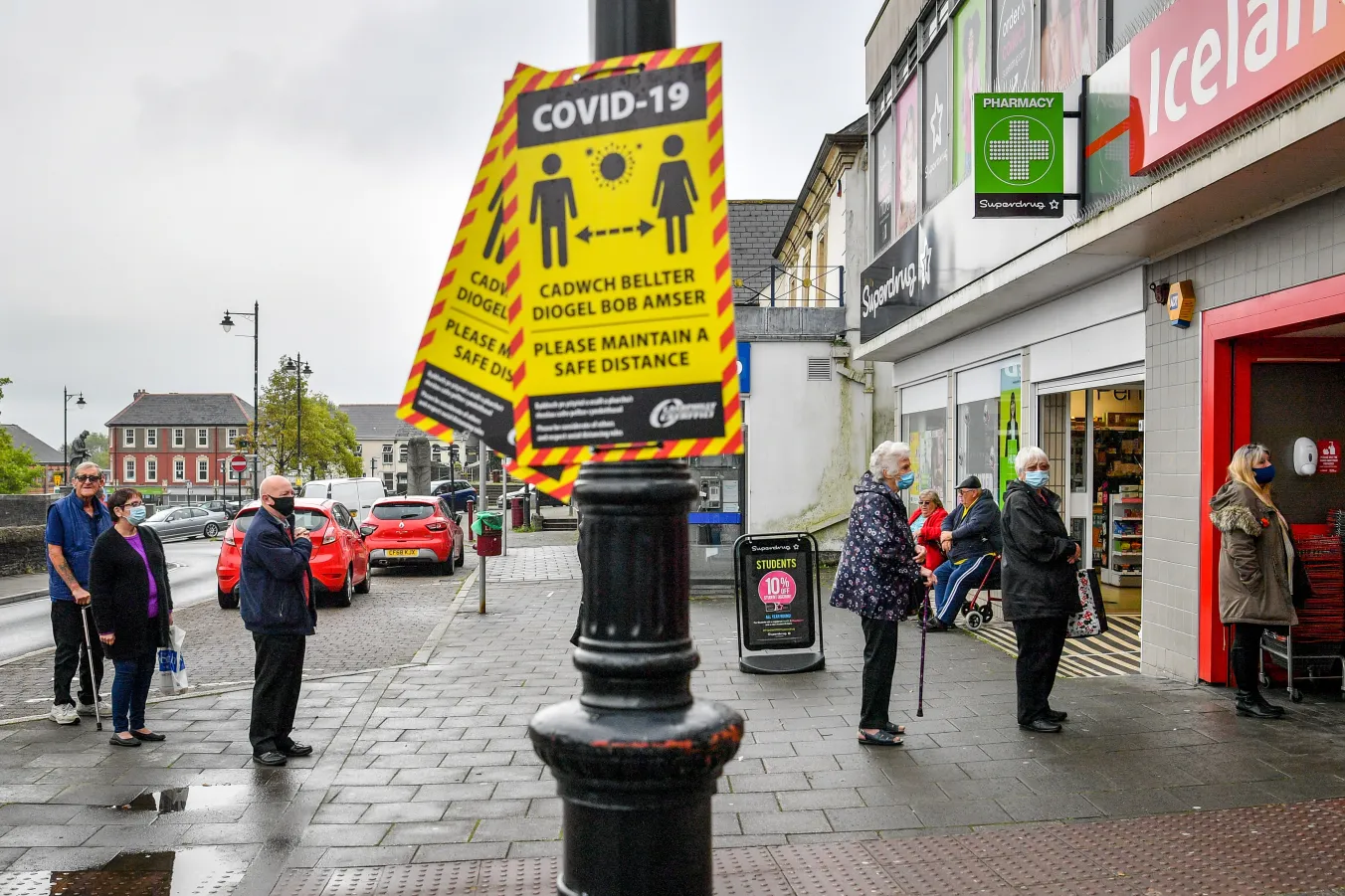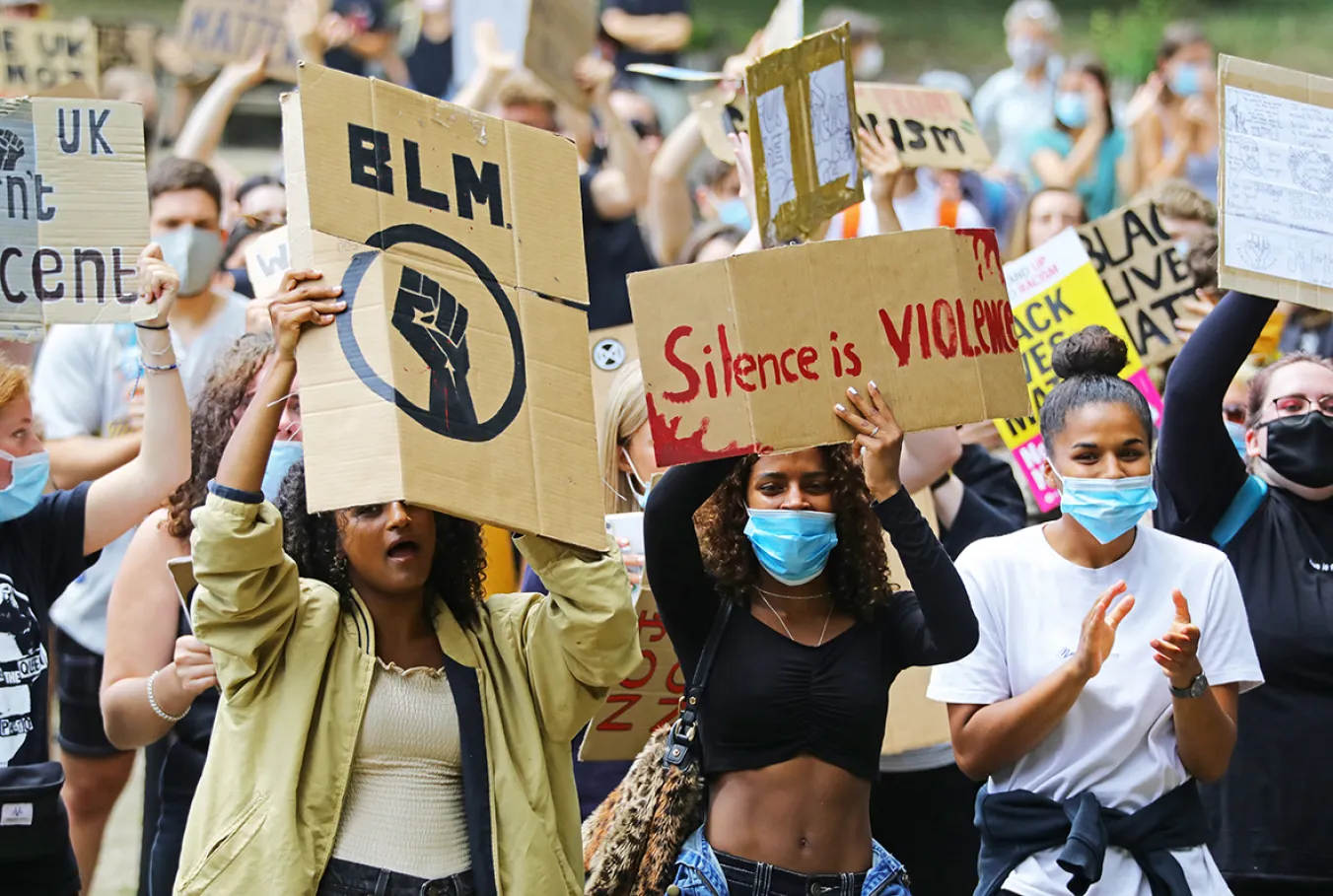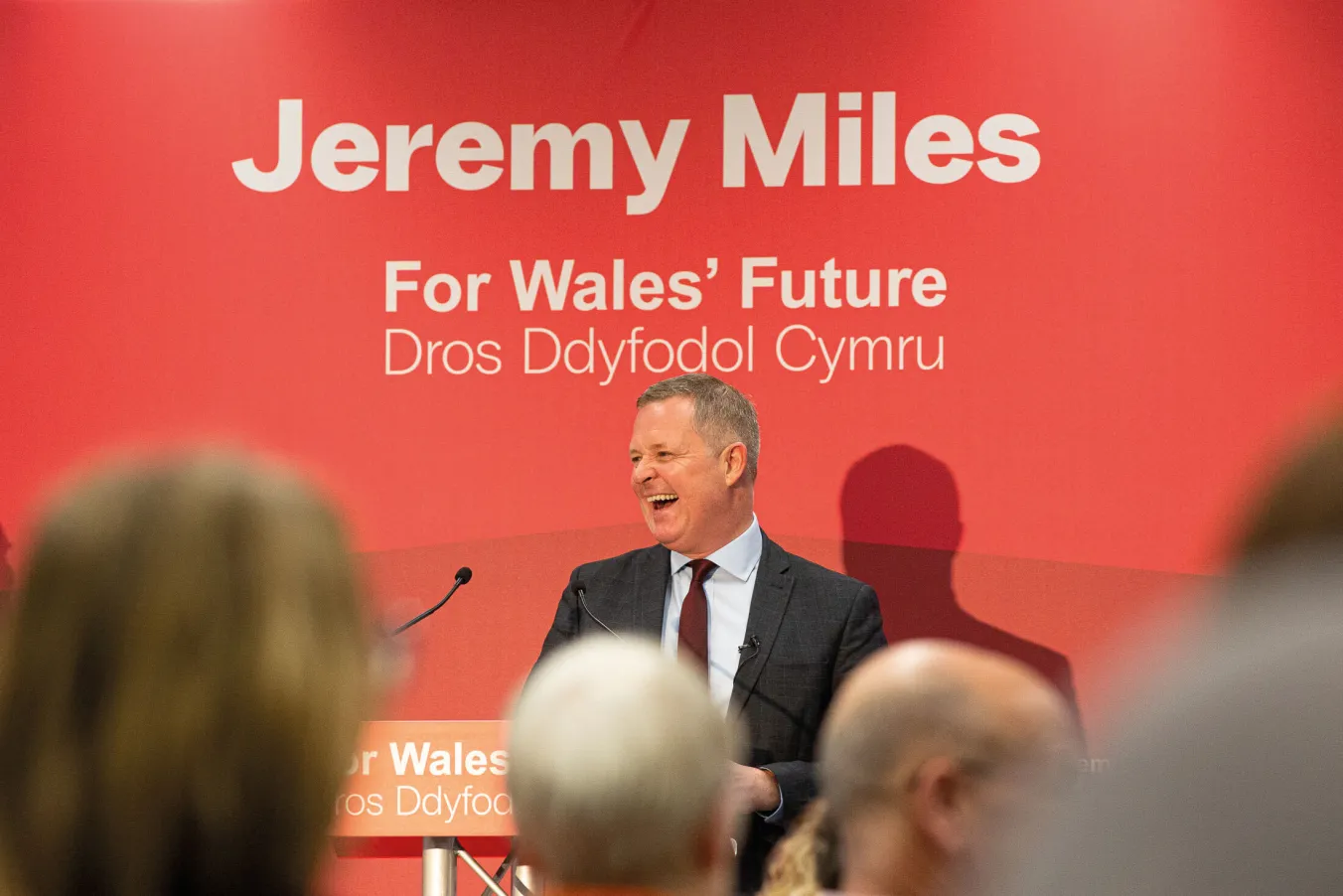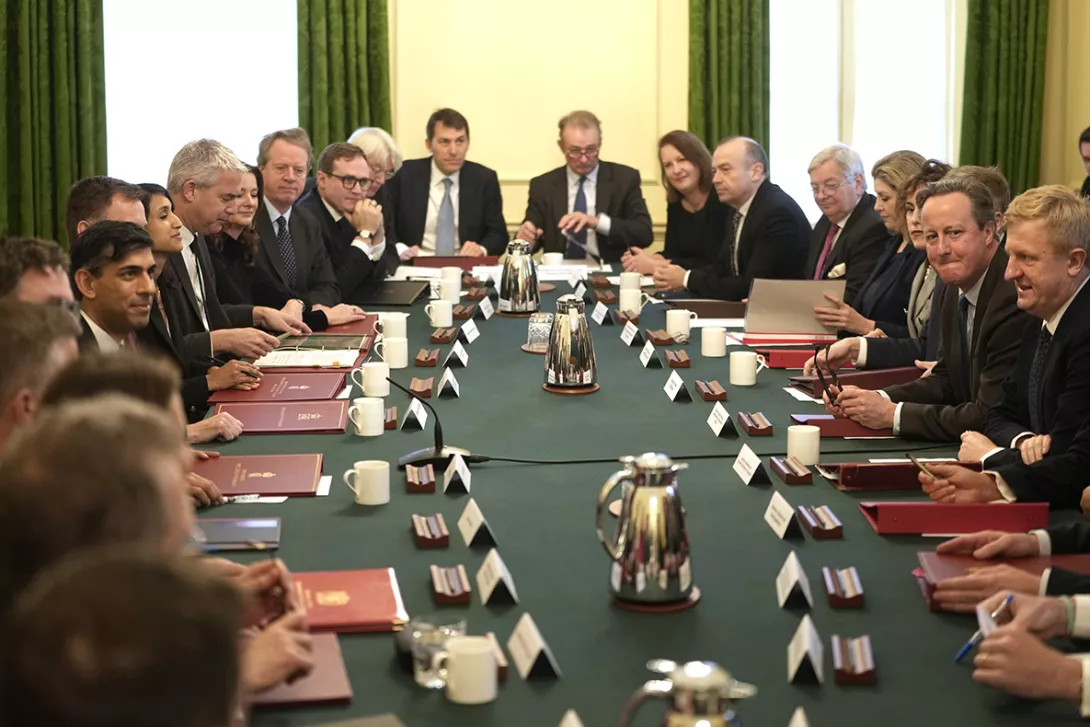The proxy war in Ukraine is heading to a denouement with the US and Russia dividing the spoils while the European powers stand bewildered by events they have been wilfully blind to, says KEVIN OVENDEN
How to turn crisis into real change for workers?
As Wales TUC gears up for its annual congress, SHAVANAH TAJ takes a look at some of the priorities on the horizon for trade unionists

“BUILDING back better’ has become a cliche, but the idea remains powerful.
How can we turn this crisis into a moment of real change for workers in Wales?
This question will be at the heart of our debates this week at our first Wales TUC Congress since 2018.
More from this author

SHAVANAH TAJ argues that with bigot MPs like Lee Anderson and big donors like Frank Hester leading the charge against minorities, Welsh unions must stand firm and restate their anti-racist, internationalist politics

Cardiff remains a profoundly unequal city – if politicians and bosses won't do something, workers have to, argues Wales TUC general secretary SHAVANAH TAJ

The devolved Welsh Parliament is not able to overrule Westminster itself, but it has taken a radically different path from the Tories' right-wing, anti-migrant agenda, reports SHAVANAH TAJ

A new Race Equality Action Plan from the Welsh government is a welcome first step – but the real challenge will be to implement it, says Wales TUC leader SHAVANAH TAJ
Similar stories

Unison has found that millions of pounds that should be invested in vital care services are being siphoned off by private equity groups — this has to end, warns JESS TURNER

Calls for public ownership, an industrial strategy driven by the unions and extending devolution to encompass workers’ rights and protect us from Westminster are growing at this week’s conference, writes DAI MORGAN

Welsh Labour leadership candidate JEREMY MILES unveils his manifesto for a green economy, boosting investment in education, healthcare improvements and an expansion of social housing










